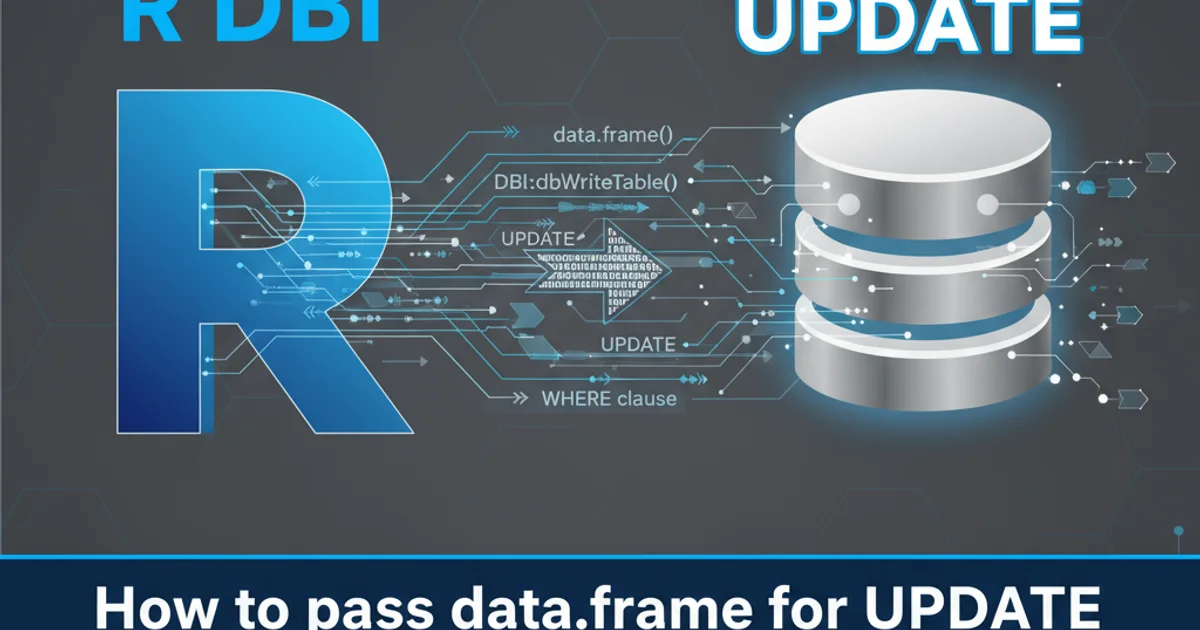How do I install PHP cURL on Linux Debian?
Categories:
Installing PHP cURL on Debian/Ubuntu Linux

Learn how to quickly and correctly install the PHP cURL extension on Debian-based Linux distributions like Ubuntu, enabling your PHP applications to make HTTP requests.
cURL is a powerful command-line tool and library for transferring data with URLs. When working with PHP, the cURL extension is essential for making HTTP requests, interacting with APIs, fetching web pages, and much more. This article will guide you through the process of installing and enabling the PHP cURL extension on Debian and Ubuntu Linux systems, ensuring your PHP applications can leverage this critical functionality.
Understanding PHP cURL and its Importance
The PHP cURL extension provides an interface to the libcurl library, allowing PHP scripts to communicate with many different types of servers using many different protocols (HTTP, HTTPS, FTP, GOPHER, TELNET, DICT, FILE, and LDAP). It's a cornerstone for modern web development, enabling features like:
- API Integrations: Connecting to third-party services like payment gateways, social media platforms, or cloud APIs.
- Web Scraping: Programmatically fetching content from websites.
- Data Exchange: Sending and receiving data using various HTTP methods (GET, POST, PUT, DELETE).
- File Transfers: Uploading and downloading files securely.
flowchart TD
A[PHP Application] --> B{cURL Extension}
B --> C[libcurl Library]
C --> D(Network Request)
D --> E[Remote Server/API]
E --> F(Response Data)
F --> C
C --> B
B --> AHow PHP cURL facilitates communication with remote servers.
Prerequisites
Before you begin, ensure you have:
- A Debian or Ubuntu Linux server or workstation.
sudoprivileges or root access.- PHP already installed. This guide assumes you have PHP 7.x or 8.x installed. You can check your PHP version using
php -v.
sudo apt update.Installation Steps
Installing PHP cURL on Debian-based systems is straightforward using the apt package manager. The process involves installing the cURL extension for your specific PHP version and then restarting your web server.
1. Step 1: Update Package Lists
Open your terminal and update your system's package lists to ensure you can fetch the latest available packages.
2. Step 2: Install the PHP cURL Extension
The package name for the PHP cURL extension typically follows the format phpX.Y-curl, where X.Y is your PHP version (e.g., 7.4, 8.1, 8.2).
First, determine your PHP version by running:
php -v
Once you know your PHP version, replace X.Y with your version in the following command. For example, if you are using PHP 8.2, you would run:
3. Step 3: Verify Installation
After installation, you can verify that the cURL extension is enabled by checking your PHP modules. This command will list all loaded PHP modules and filter for 'curl'.
4. Step 4: Restart Your Web Server
For the changes to take effect, you need to restart your web server (Apache or Nginx) and PHP-FPM (if used). Choose the command relevant to your setup.
sudo apt update
Updating package lists
sudo apt install php8.2-curl
Installing PHP cURL for PHP 8.2 (adjust version as needed)
php -m | grep curl
Verifying cURL extension is loaded
Apache
sudo systemctl restart apache2
Nginx + PHP-FPM
sudo systemctl restart nginx sudo systemctl restart php8.2-fpm
Troubleshooting Common Issues
If you encounter issues, here are a few things to check:
- Incorrect PHP Version: Ensure you are installing
phpX.Y-curlfor the exact PHP version your web server is using. Sometimes, multiple PHP versions can be installed on a system. - Web Server Not Restarted: Always remember to restart your web server and PHP-FPM after installing new PHP extensions.
- Missing
libcurl: Althoughphp-curlusually pullslibcurlas a dependency, ensurelibcurl4-gnutls-devorlibcurl3-dev(depending on your system) is installed if you face linking errors. - PHP CLI vs. Web Server PHP: Verify that cURL is enabled for both your PHP CLI (command line interface) and your web server's PHP interpreter.
php -mshows CLI modules, whilephpinfo()in a web browser shows web server modules.
phpinfo.php file in your web root (/var/www/html/ for Apache, or your Nginx site root) with the content <?php phpinfo(); ?>. Access it via your browser (e.g., http://your_ip/phpinfo.php) and search for 'curl'.With these steps, your PHP environment on Debian or Ubuntu should now be fully equipped with the cURL extension, ready to handle all your HTTP request needs. You can now confidently build PHP applications that interact with external services and APIs.